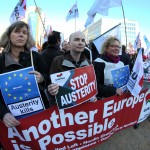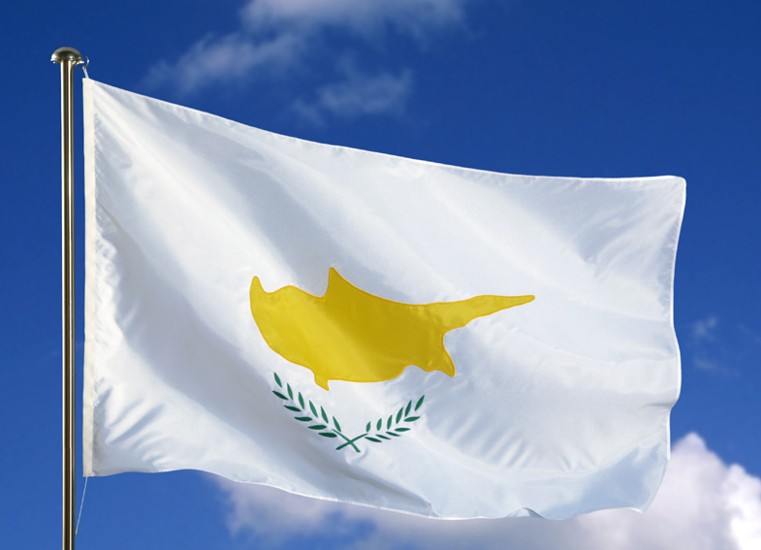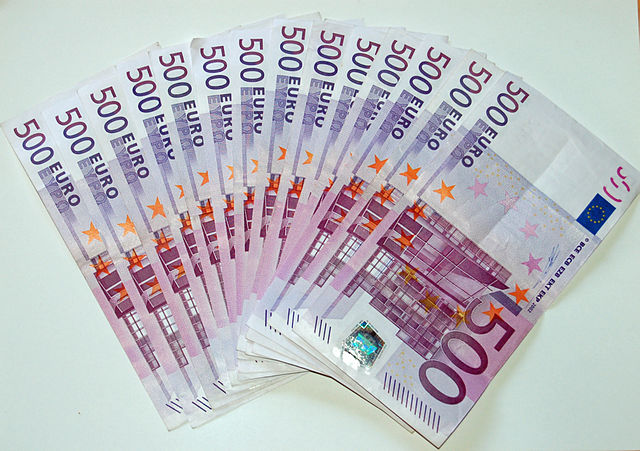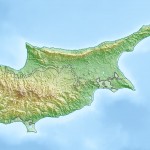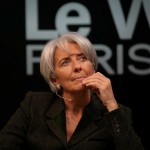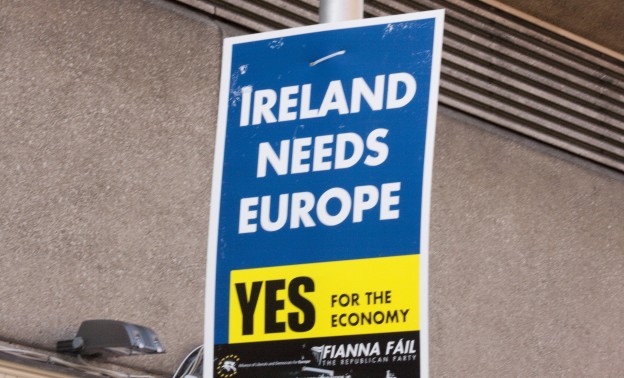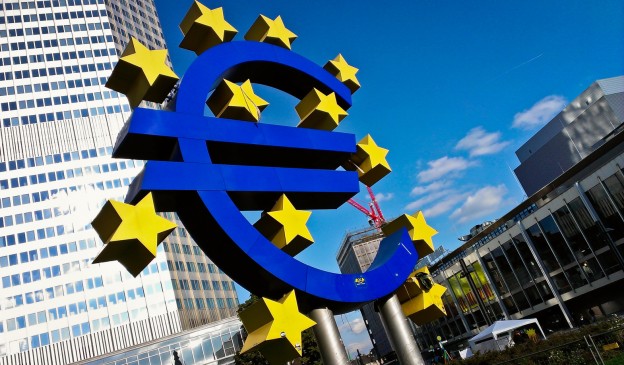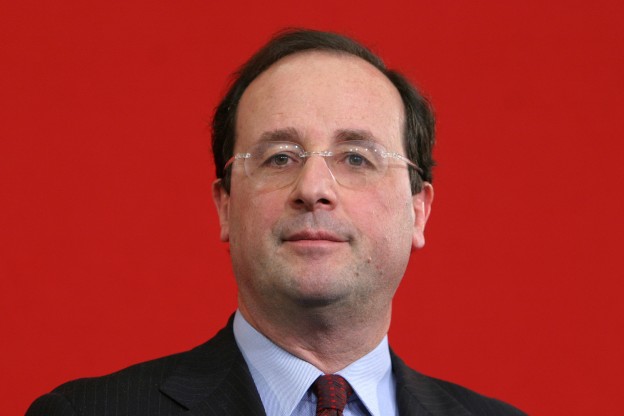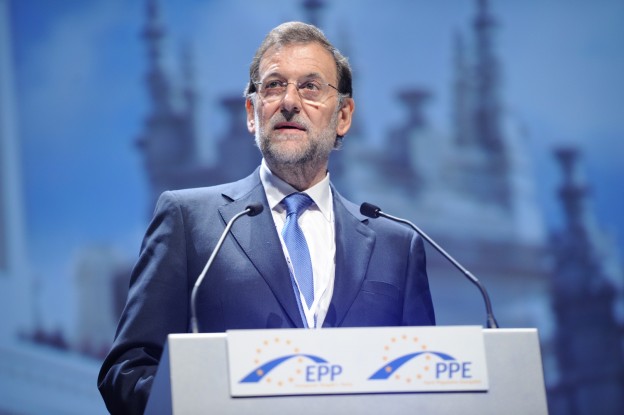Cyprus continues on track with its bailout programme as all fiscal targets continue to be met with considerable margins, reflecting the ambitious fiscal consolidation underway, prudent budget execution, and a less severe deterioration of economic activity than originally projected, according to a statement from the Troika.
This is the second positive assessment in a row, paving the way for a 100 million euro disbursement of funds from the EU and 86 million from the IMF, according to the statement. “The economic situation remains difficult, although the recession has been less pronounced than expected. Based on recent indicators, output in 2013 is projected to contract by about 7.7 per cent, about 1 percentage point less than originally envisaged. Tourism and professional services have proven relatively resilient, and confidence has continued to improve gradually”, the statement said.
Good news is that the fiscal performance has remained strong, as authorities have maintained a cumulative primary surplus of about 0.7 per cent of GDP through end-September, meeting the programme targets comfortably and placing end-of year targets well within reach. Given the outturns to date, the 2014 fiscal deficit is expected to be about 1 per cent of GDP lower than originally anticipated. One positive sign has been new foreign direct investment in the banking sector, which, given the significant need to reduce high levels of private sector debt, is a good thing pointing towards a contracted output of 4.8 per cent in 2014. The 2014 budget remains conservative and seeks to bring forward part of the consolidation needed in the outer years to achieve and maintain a long-run primary fiscal surplus of 4 per cent of GDP, enough to put public debt on a firmly downward path. However, the risks surrounding the outlook remain substantial.
The nation is set to recover only gradually starting in 2015, driven by non-financial services. The authorities have already made important strides though with the recapitalisation and restructuring of the financial sector: Hellenic Bank has been successfully recapitalised with private funds, including foreign investment, and without state support, while Bank of Cyprus has a new Board of Directors and Chief Executive Officer and has put in place a restructuring plan aimed at returning the bank to profitability over the medium term. Funds for the recapitalisation of the cooperative credit sector have been secured in a special account and would not involve depositors. A Board of Directors for the Cooperative Central Bank has been appointed, and the restructuring of the sector is advancing, with four mergers of 28 institutions already completed.
Looking ahead, the main challenge is to repair the banks’ balance sheets and restore depositor confidence. This is key to the resumption of credit to the private sector, which is needed to support the economic recovery. According to the statement: “Diligent implementation of banks’ restructuring plans will be critical, including efforts to restructure the loans of viable borrowers in need, while discouraging strategic defaults. Payment restrictions will need to continue to be relaxed in line with the published milestone-based roadmap, while safeguarding financial stability. Finally, the authorities need to further strengthen the supervisory, regulatory, and Anti-Money Laundering implementation frameworks.”
Structural reforms are advancing. A governance structure has been put in place to carry out an ambitious revenue administration reform aimed at improving efficiency of collections. Progress is also being made on the reform of the social welfare system, which will introduce a guaranteed minimum income scheme providing financial assistance to those in need, including those currently not covered by public assistance. This is particularly important given the difficult economic conditions.
So far the authorities have implemented their strong and welcomed programme, but these efforts need to continue and be complemented by further steps to advance the privatisation agenda in the coming weeks. The next steps include the conclusion of this review which is expected to be considered by the Eurogroup, the ESM Board of Directors and the Executive Board of the IMF in December. Its approval would pave the way for the disbursement of €100 million by the ESM, and about €86 million by the IMF. Given the significant risks ahead, continued full and timely policy implementation remains essential for the overall success of the Cyprus’ bailout.


